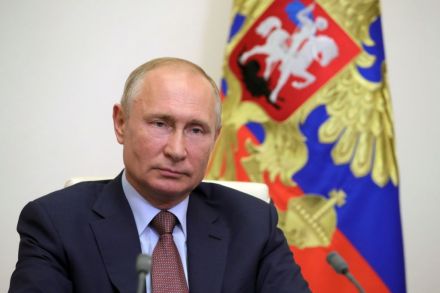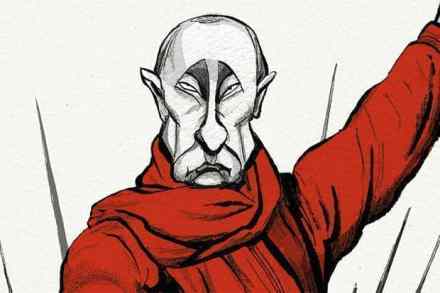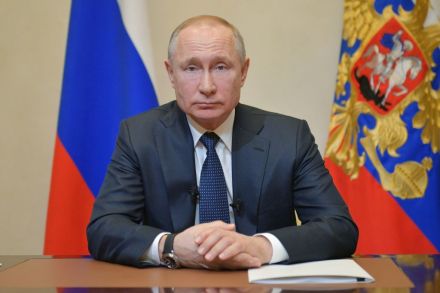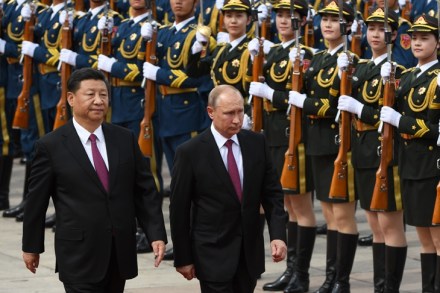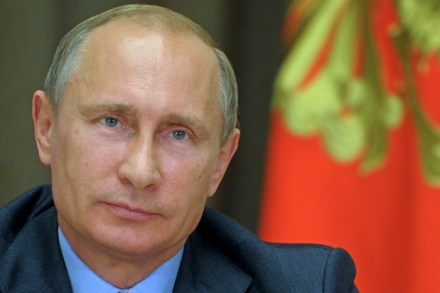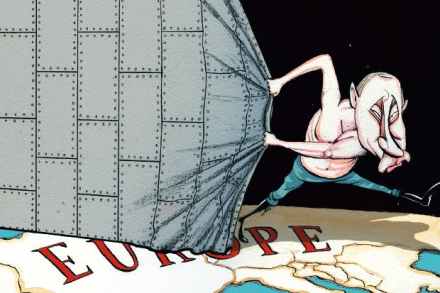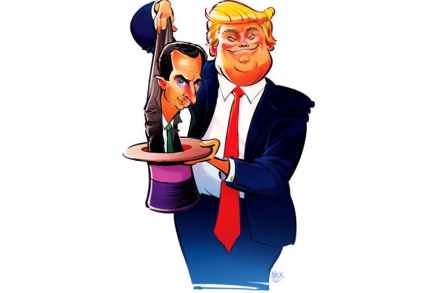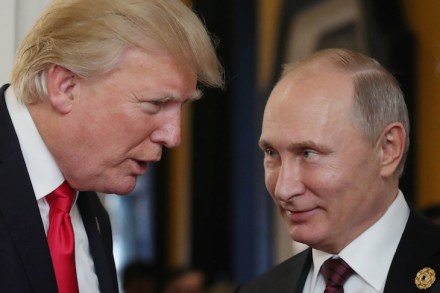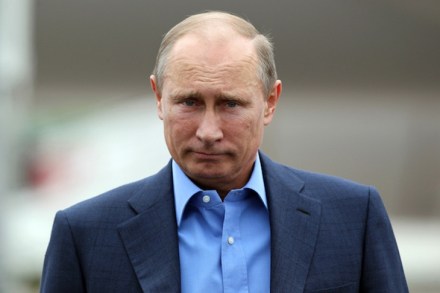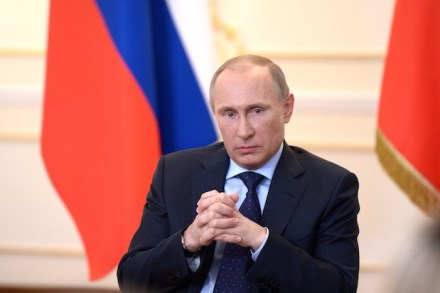Britain’s Magnitsky sanctions will hit Putin where it hurts
It’s rare for a Government minister to make an announcement that is universally welcomed in the House of Commons. But that’s exactly what happened on Monday, when the foreign secretary Dominic Raab introduced long-awaited sanctions against human-rights abusers. Raab’s announcement appeared on the Commons’ Order Paper under the rather mundane title ‘Introduction of the Global Human Rights sanctions regime’, but what he said will have far-reaching consequences. The measures Raab announced include asset freezes and travel bans against individuals who not only commit human-rights abuses but also those who benefit and profit from them. The names of such individuals will be made public, in a so-called ‘Magnitsky List’. The measures
